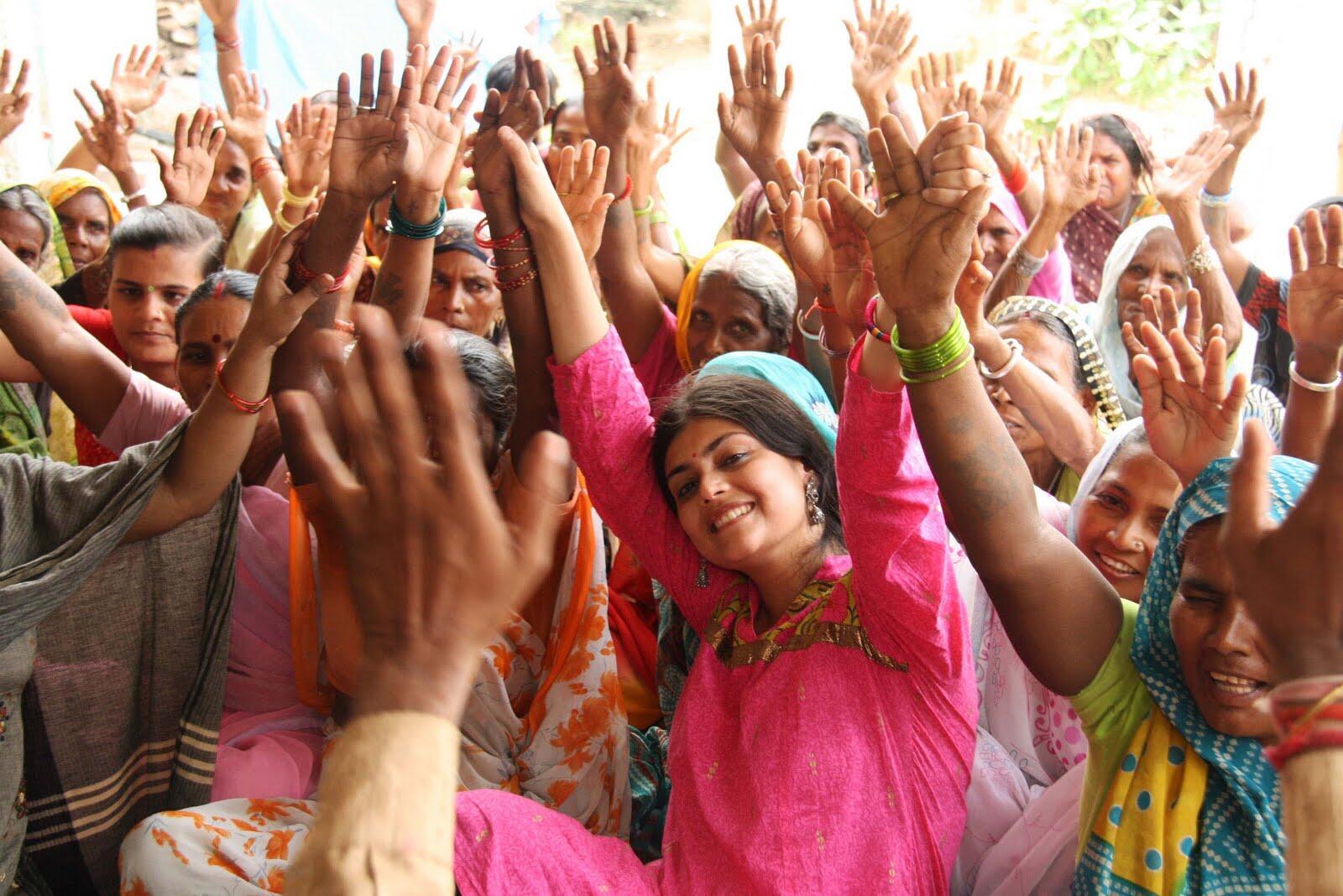The United Nations Population Fund (UNFPA) via its Asia-Pacific Regional Office is congratulating participants at the just-concluded Asian Ministerial Conference on Disaster Risk Reduction for issuing the Delhi Declaration that reiterates a regional blueprint going forward, as well as the expanded Asia Regional Plan for Implementation of the Sendai Framework for Disaster Risk Reduction 2015-2030.
In particular, UNFPA Asia-Pacific is pleased that in the Regional Plan governments and other stakeholders have clearly recognized the need to "promote and support gender-sensitive disaster risk reduction actions at the national and the local level including universal access to sexual and reproductive health-care services, prevention and response to gender-based violence and women's leadership" in reducing disaster risk.
This is in keeping with the wider vision and imperatives of the 2030 Sustainable Development Agenda and their 17 Goals whose central pledge is to leave no one behind.
"The evidence is clear - more women than men die in disasters," noted Yoriko Yasukawa, UNFPA Regional Director for Asia-Pacific in her address at AMCDRR 2016.
"60 percent of maternal deaths occur in humanitarian crises and fragile contexts. More than 500 women die every day from complications related to pregnancy and childbirth in these settings. Too often women die because they simply don't have access to sexual and reproductive health care services. Also, at any time, about four percent of any displaced or disaster-affected population will be pregnant, and 15 percent of these women will experience pregnancy-related complications."
"In addition, gender-based violence against women and girls escalates during humanitarian crises," said Priya Marwah, Regional Humanitarian Coordinator, UNFPA Asia-Pacific. "Hence, all displaced women, not just those who are pregnant, need access to safe and private places, access to essential services, and protection from violence."
By ensuring that the Asia Regional Plan clearly spells out these vital issues, governments and concerned stakeholders have strengthened efforts by UNFPA and partners to place women, girls and young people at the centre of disaster risk reduction and humanitarian response, underscoring the fact that these are the most vulnerable populations impacted by humanitarian and other crises the world over, including in Asia-Pacific.
The Sendai Framework, adopted last year ahead of the era of the 2030 Agenda, is a wide-ranging instrument that spells out significant measures and approaches that governments and civil society should take in collaboration towards a world where disaster risk reduction is ever more a priority.
Asia-Pacific is the world's most disaster prone region. UNFPA, through its Regional Office in Bangkok, 22 country offices and a Pacific sub-regional office, plays a significant role in responding to the special needs of women, girls and young persons in the context of natural disasters and other humanitarian crises.
"We look forward to supporting governments and civil society partners as the Asia Regional Plan is implemented in the years ahead, with the aim of reducing disaster risk and saving the lives and ensuring the well-being of millions, with a particular focus on the most vulnerable populations," said Yasukawa.
To access the Asia Regional Plan for Implementation of the Sendai Framework for Disaster Risk Reduction 2015-2030, click here: http://bit.ly/2fmU8kg
To access the AMCDRR 2016 Delhi Declaration, click here: http://bit.ly/2eyqCa3
For more on how UNFPA Asia-Pacific responds to emergencies, click here: http://bit.ly/2f3fZKn
For more information on UNFPA Asia-Pacific's humanitarian response, and to arrange media interviews, contact: Roy Wadia at wadia@unfpa.org | +66 2 687 0111 or +66 848 752 634 (Bangkok)



